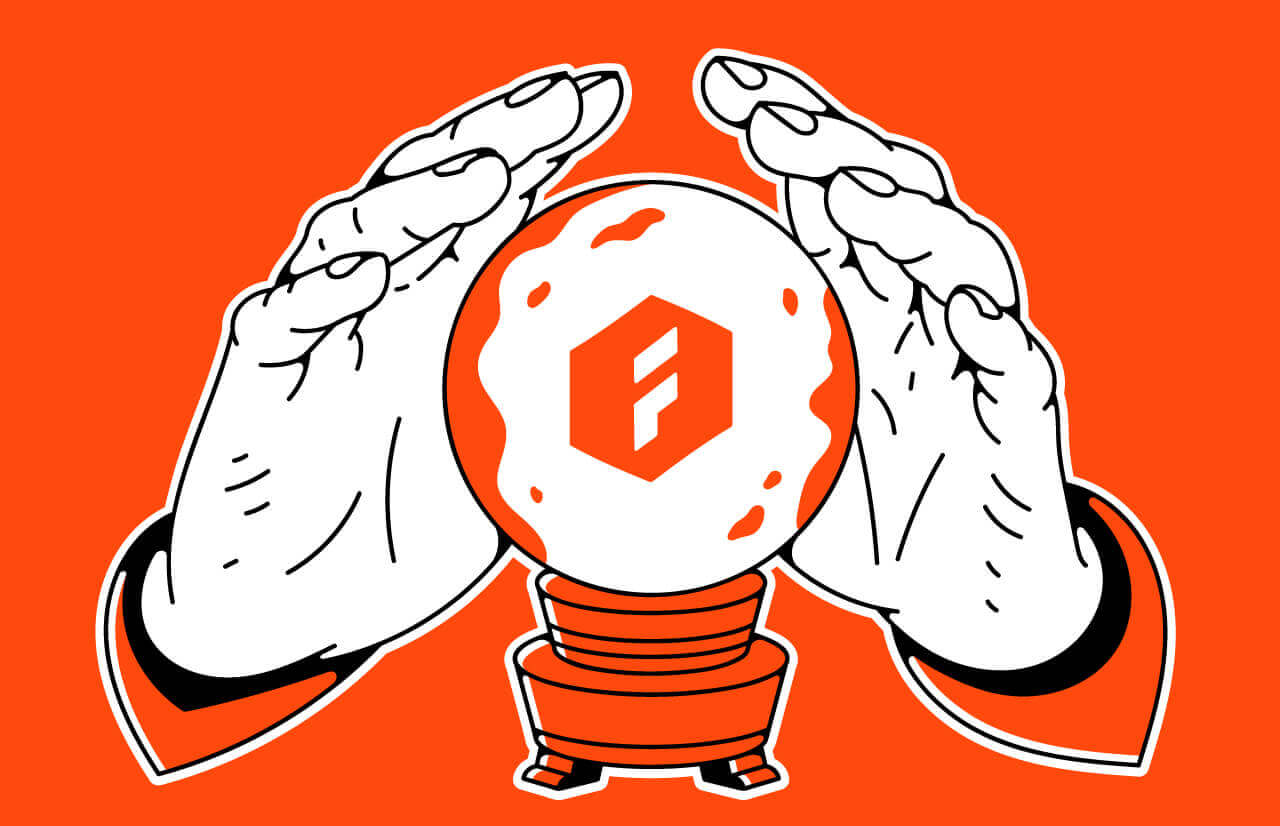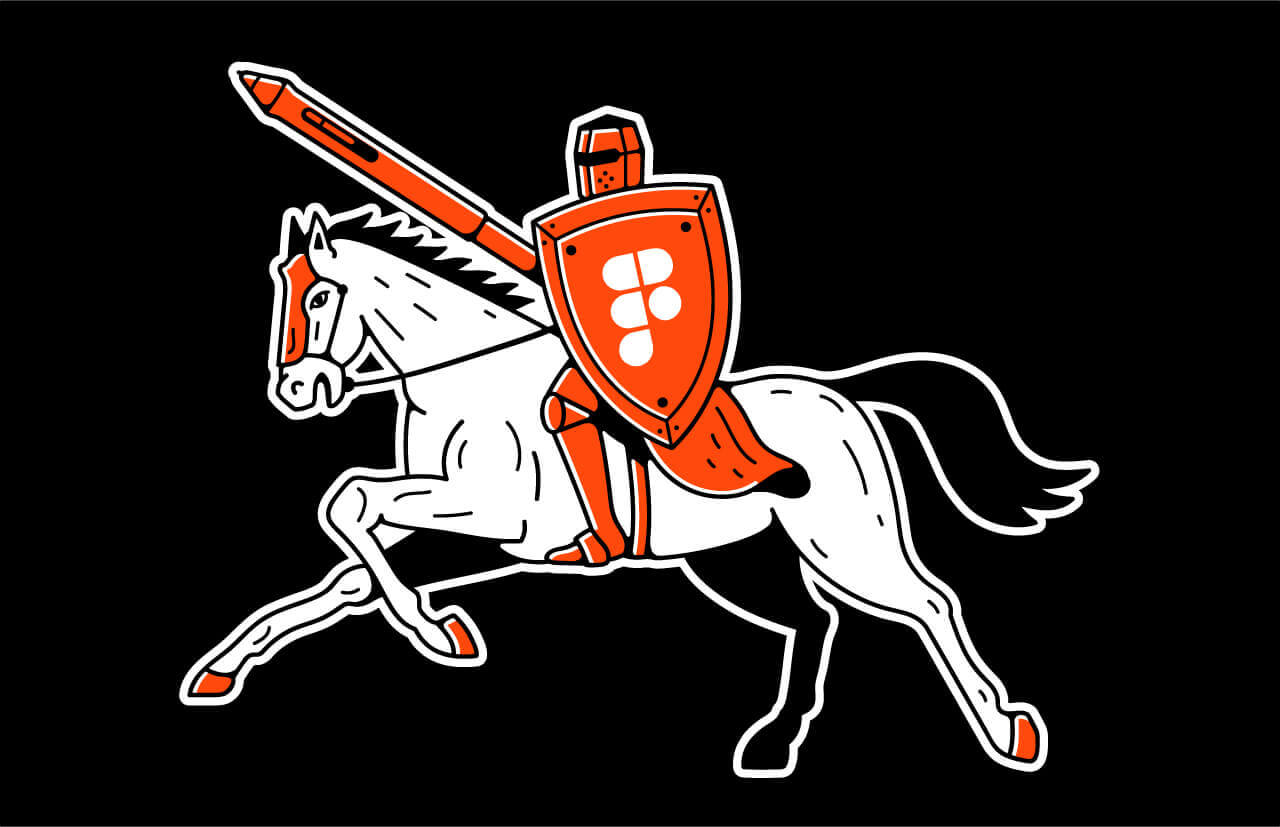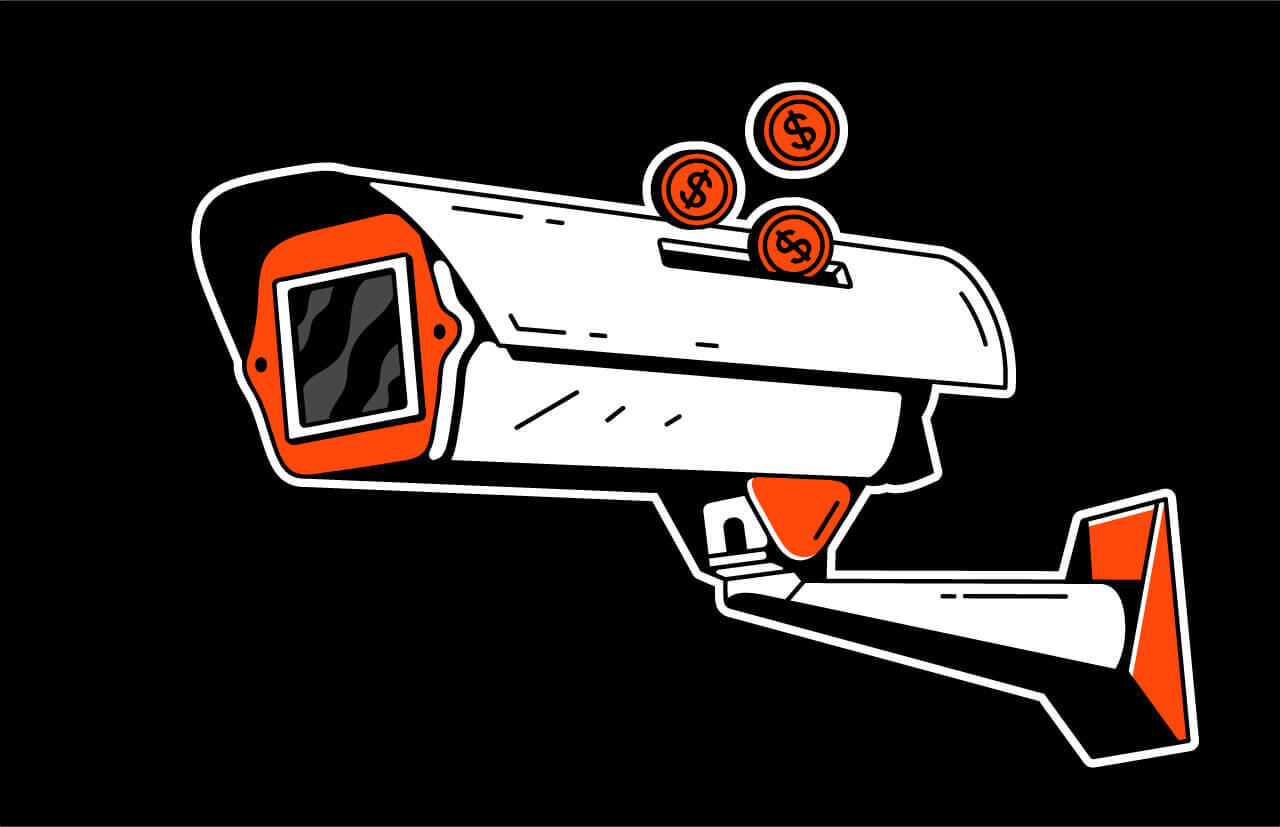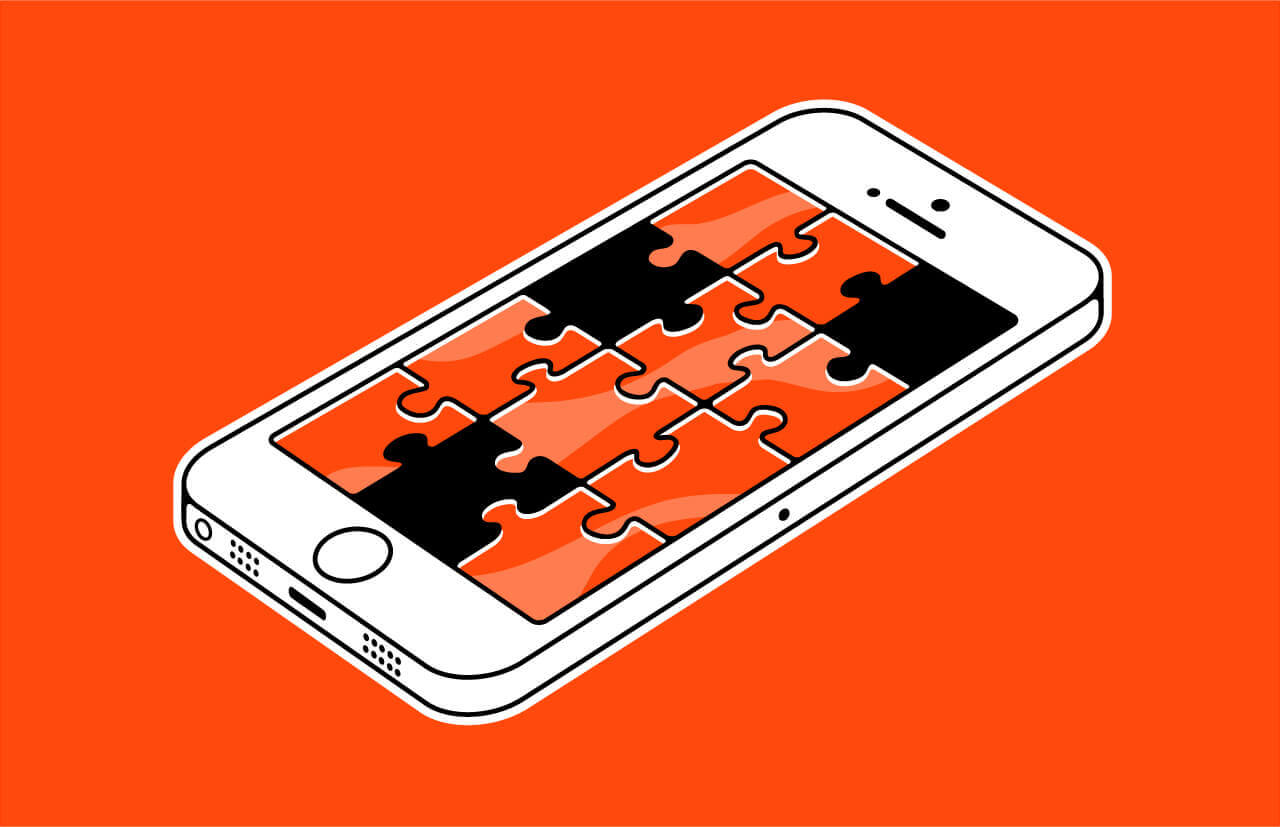The Startup Interview: Dennis Kayser
We talked to the CEO and founder of Forecast about how to hire good people, the pros and cons of remote work, the role of design in product development, plus some classic startup mistakes.
Dennis Kayser is the CEO and cofounder of Forecast, an AI-powered project operations startup that lets users unite projects, resources, and financials. With over $29m in funding and a team of 80+ employees in 3 cities, Forecast’s revenue has tripled during the pandemic.
The last time we interviewed Dennis on the Humbleteam blog he talked about rapid growth impacted the design team. This time, Humbleteam Cofounder and Design Director Sergey Krasotin talks to Dennis about hiring great people, how to do remote work, what to do about feature overload, and some classic mistakes startups make.
Question #1: hiring in design
Sergey Krasotin: Let’s talk about hiring in design. At a time when the talent market is becoming competitive globally, and the supply of skilled candidates is limited, how do you approach hiring?
Dennis Kayser: At Forecast we don't really have any issues with hiring, and there are a few reasons for that. First of all, most candidates want a role that is challenging and generally interesting. Sure, working for big-name companies sounds exciting, but it’s safe to assume it’s going to be rather slow and bureaucratic, and that job itself won’t rise to the level of excitement and innovation a startup can offer.
There are a lot of limitations at a big company, whereas working for us you have more autonomy and influence. For example, the code you write goes directly into production. So from that perspective, there's a very short path from starting to actually influencing the direction of the product.
It’s important to hire the people who are essentially more qualified than you are, and then give them enough autonomy.
Question #2: will the home office trend stick?
What do you think of the trend for remote work?
Our approach has always been a hybrid. Even before COVID we ideally wanted people to be at least close to the office. Attendance is optional, but getting together every now and then definitely helps the team dynamics.
Some companies have the idea that it's going to be cheaper to not have an office, but I don't think that's the case. You’re just going to spend the money elsewhere while trying to make the whole thing work. It might even be a little more expensive going through. Especially considering that the salary levels are starting to align globally and outsourcing won’t be a big thing anymore.
Question #3: challenges of remote office
You can actually end up hiring a designer from California, and it will be even more expensive.
Exactly. Remote teams might look good on paper, but it very much depends on your product and target audience. If you're doing a B2C product, then you're not really going to spend that much time on individual user feedback, because you have to rely on the law of large numbers. But if you're doing a very specialized product, you’ll need to get your team in the same room with the client. It’s a must.
We also shouldn’t disregard the element of fun. Coming together in a social context just brings in that additional ease, better communication and it’s a great experience overall.
Question #4: the trick in hiring
A lot of startups we talk to say that their products aren’t very sexy because they don't have great designers (which can be the case sometimes). What’s been your experience of this?
I'm not good at design by any means, but I always cared about the looks of the product. Since it was always quite a challenge for me, I had to hire someone who’s actually good at design.
If you see the original version of Forecast you know how much we’ve improved over the years. That's just the nature of growing and making gradual improvement to something that people like.
When we onboarded our first designers, what helped us work together was the shared passion. We were all on the same page about creating the best product on the market. Perfection came later. So what comes together is ambition and vision for the future of the product and how the team will get there.
Question #5: make your passion count
You're saying the best way to hire initially is to convey passion and vision?
Grand vision! Yeah, a grand vision will be bought when people want something to rally around. I think that's important for everyone. I’m pretty sure companies like Uber started with grand visions for their companies that were borderline crazy. Like, owning all the cars worldwide. And people need to see and hear that when they start.
If your ambition is to stay small you should also be recruiting different types of candidates. And there’s nothing wrong with that, you're going on a journey, especially when it’s a venture-funded journey. It’s different and it requires 10 times the normal speed of development. It’s a lot of pressure and you have to be into that kind of style. I am.
Question #6: on meeting user needs
Forecast has a lot of features but it still looks very clean, and I didn't need any onboarding. How do you meet user needs while not overloading the product with features?
Just one word: iterations. Many, many iterations and continuous tracking of what people are using. When users get stuck or just overlook the feature, we either redesign it or eliminate it as a whole, and try to build a better version.
Question #7: decluttering interface
So if people don’t use a part of the product, you just remove it completely?
Correct. We try not to have too many legacy features that no one uses. Otherwise, it gets way too complex. That's why all these big products from companies, they're just too complex. They have 800 buttons and only two of them are used. Ever heard that from all the Microsoft Software only about 10% of the software is actually used by actual users?
Question #8: mistakes to learn from
What are the three biggest mistakes you’ve made with Forecast?
The first mistake is not understanding your market properly before you start building a product.
Second, building a product does not automatically guarantee customers. It’s quite a common misconception that just because the product was created with an idea in mind it will be well-received. It does not always work like that.
The third mistake is to not hire the best people you can at any given time. Period.
Question #9: the value of marketing
You once told me that at the beginning of your journey you didn't really invest into sales and other marketing activities.
That was a silly mistake. We had a strong belief that it was going to work eventually and weren’t going to give up so easily. Persistence is key, you need to remember it’s not a sprint, it’s a marathon. Issues still arise, especially when scaling, business needs change, but it’s normal, just make sure you keep working towards fixing the issues in the most efficient way you can.
Question #10: knowing where to stop
With such a persistent mindset, it is probably not always easy to know when to finally give a project up?
Correct, so it’s good to define where you want things to go in that case.
Question #11: key takeaway
I guess, nobody can have it all right. Any final remarks for business founders or even competitors?
Competitors are welcome. My main advice is make sure you understand your target market, and that it's big enough for what you're trying to do. Especially if you're looking for VC money, right? Because that's going to be cool.
This interview has been edited for length and clarity.
Want more good advice about design, startups, mistakes, and fixes? Sign up for the Humbleteam newsletter! Also, subscribe to hear about legendary business pivots on our CTRL SHIFT podcast.






